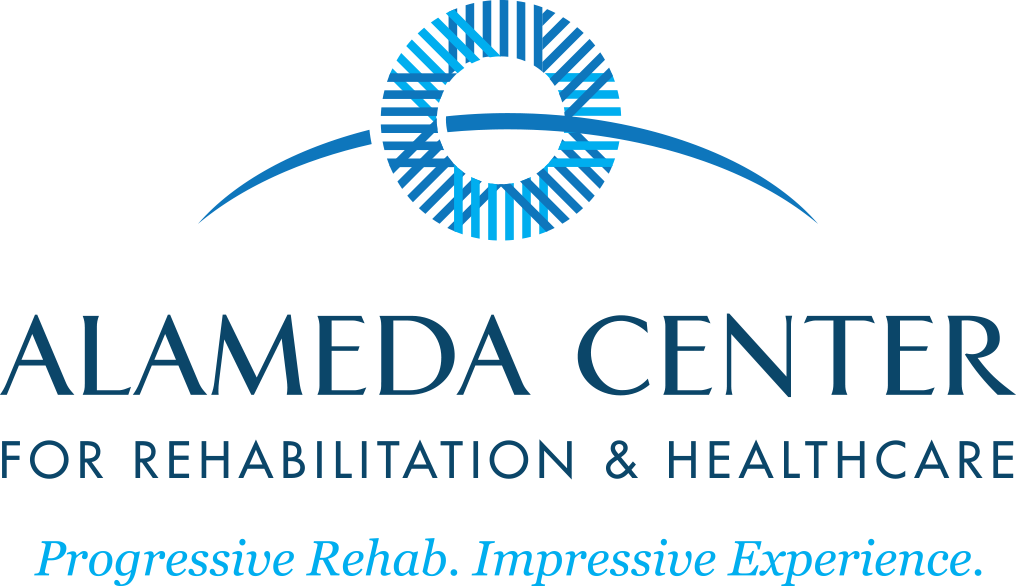Vision Evaluations for Patients Receiving Neurological Care

Ian Dooley for Unsplash
Vision experts have come out with a recommendation for patients who have suffered from TBI’s, or Traumatic brain injuries, and are receiving neurological care. Doctors are encouraging patients who may have neurological damage to have their vision evaluated post-injury. This new recommendation was put out jointly by the College of Optometrists in Vision Development (COVD) and the Neuro-Optometric Rehabilitation Association (NORA). It’s aimed at doctors treating victims of all neurological injuries as well as those who have suffered from illnesses that can damage brain function, such as meningitis, stroke, brain tumor or Aneurism.
Brain Injury and Neurological care
The president of NORA, Dr. Susan Daniel, explained the recommendations. Several studies show that 50% of people who have brain injuries also suffer from vision problems. These can include blurry eyesight, reading problems, issues with light, and challenges with completing tasks related to seeing well. One study actually shows a 90% rate of people who have these problems. She goes on to say that stroke sufferers have vision issues about two-thirds of the time, including difficulty with eye movement, peripheral vision, and visual perception.
Dr. Christine Allison, President of the COVD, agrees. She notes that after a TBI, neurologists generally check for any abnormalities, but vision often goes by unchecked and unnoticed. Sometimes, issues related to proper eyesight won’t show up immediately, and may not for several weeks. Even if checked at a first evaluation and the patient “passes” his checkup, he may not realize that a problem could manifest later. Therefore the doctor needs to perform a follow-up evaluation at a later date.
Why it’s important
The eyes are connected to the central nervous system, which is why eyesight maybe get damaged when there’s a brain injury or other injury or illness that requires neurological care. If such an injury damages other physical functions, it’s usually very obvious – moving certain body parts, for example. If a TBI victim has a slurred gait or inability to move his arms, everyone will notice. With vision, only the patient himself will notice it, and he may not be objective about it. In fact, he may try to convince himself that it’s not really there, or in his damaged state, may not even realize it’s not normal.
That’s why it’s important for someone, in this case the treating doctor, to check for disturbances. Poor eyesight may cause a whole number of problems for the subject, including motor issues and reading issues. These can in turn create greater problems such as attention issues, difficulties with memory, poor work function, and weak physical performance. Doctors who are trained to provide neurological care can test for many of the red flags that show vision disturbance. They can treat the root problem sooner, before its turns into a larger issue.
Improving outcomes
Both Allison and Daniel encourage a comprehensive, team-based approach to vision testing and analysis post injury. A patient needs proper neurological care that comprises specialized doctors, different therapists, nurses, and rehab staff. With the right recipe, post injury patients have a higher likelihood of proper diagnosis and treatment.
At the Alameda Center, we provide all the elements you need for proper evaluation and treatment. We create a multidisciplinary team and plan for every patient with the relevant doctors, therapists and staff. We look forward to providing premium service for TBI patients and others that need neurological care in the Newark area and across New Jersey.
